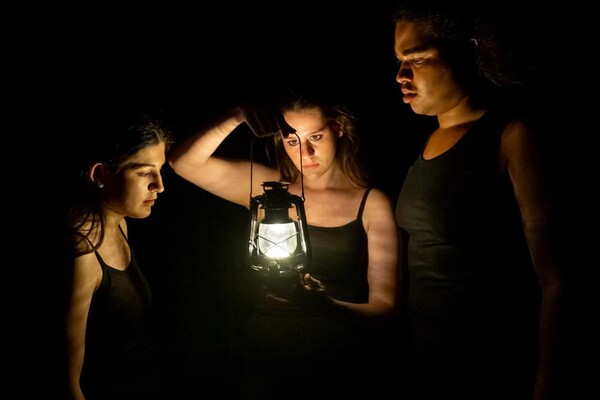
Image: Aditya Irawan/NurPhoto via AP Images
PHILADELPHIA -- A University of Pennsylvania study shows that frequent church attendance substantially increases the odds of marriage for urban women. Penn's Center for Research on Religion and Urban Civil Society, CRRUCS, today released the report "Then Comes Marriage? Religion, Race, and Marriage in Urban America." It is the first study to offer a quantitative analysis of the association between religion and marriage among urban parents.
"This report shows that religious institutions, especially black churches, are bulwarks of marriage in urban communities where the institution of marriage is endangered," said W. Bradford Wilcox, author of the report and a non-resident fellow at the Center and assistant professor of sociology at the University of Virginia. "Churches promote the values and virtues that make for good marriages, and they also provide young people with marriage role models. Indeed, religious attendance is about as important as socioeconomic factors such as income in predicting marriage among urban parents," he added.
Wilcox analyzed survey data from 3,886 married and unmarried mothers sampled in the new, national Fragile Families and Child Wellbeing Study and found the following:
However, the study showed that church attendance is not a guarantee that unwed mothers in the nation's cities will find their way to the altar.
"One of the more surprising findings in the report is that one-third of all unwed, urban mothers are frequent churchgoers," said Wilcox. "This means that many unmarried mothers are more integrated into the social fabric of their communities than we once thought."
A myriad of cultural as well as socioeconomic factors have led to a declining marriage rate, concentrated largely among low-income and minority populations. There is anecdotal evidence that many poor, urban women are afraid of marriage because of the high level of divorce experienced by their friends and family and because they're not convinced that the men they know have the relationship skills required to make a marriage work.
The Rev. W. Wilson Goode, former mayor of Philadelphia, and currently serving as Senior Advisor on Faith-Based Initiatives at Public/Private Ventures, said that the study sends a clear message to clergy. "This report states very directly that faith matters when it comes to the institution of marriage. These findings can now be the bases for the intentional involvement of religious leaders in initiating and sustaining strong marriages."
EDITORS NOTE: Copies of the study are available upon request.

Image: Aditya Irawan/NurPhoto via AP Images

nocred

Image: Michael Levine

A West Philadelphia High School student practices the drum as part of a July summer program in partnership with the Netter Center for Community Partnerships and nonprofit Musicopia.
nocred